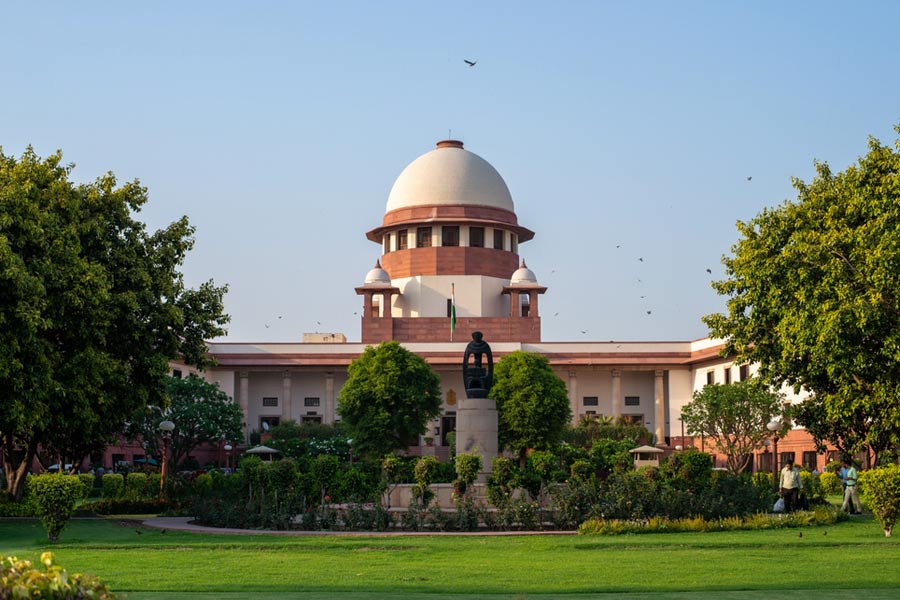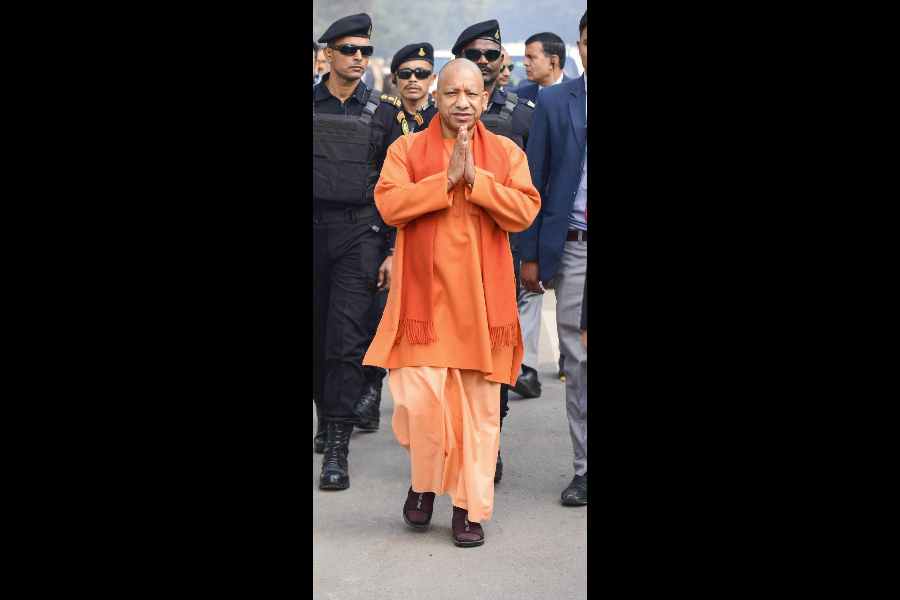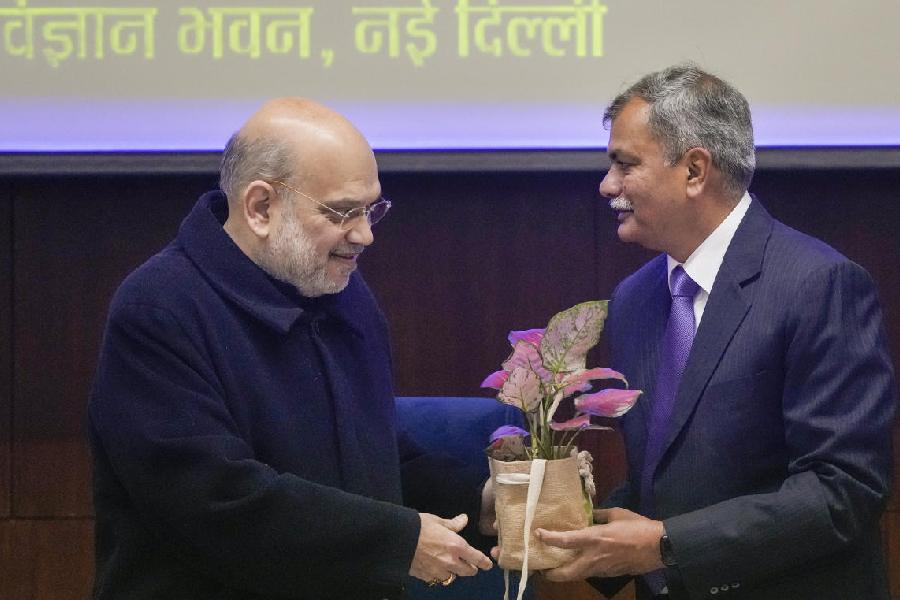Observing that the business of governance must go on, the Supreme Court Wednesday said it does not want to restrain the President of India from acting on the Bills re-adopted by the Tamil Nadu assembly and forwarded to her by state Governor R N Ravi for consideration.
It also took note of the submissions of the counsel for the Tamil Nadu government and Attorney General R Venkataramani, representing the Governor, that Chief Minister M K Stalin and Governor Ravi have agreed to meet, as asked by the apex court, to try and resolve the impasse over Bills not getting gubernatorial assent after their passage by the state legislature.
"Neither tea nor any stiffer beverage can solve this issue. This is purely a constitutional question which this court has to decide," senior advocate Abhishek Singhvi, appearing for the DMK government, told the bench comprising Chief Justice D Y Chandrachud and justices J B Pardiwala and Manoj Misra.
The key question is whether the governor of a state can refer the bills passed by the legislature and re-adopted by it for presidential assent.
Singhvi, during the brief hearing, urged the bench to pass an order to ensure that the President does not take a decision on the bills referred to her till the issue has been decided.
"Let us not have perception that when we come next time, the President has passed or rejected the bills. Let status quo be maintained," the senior lawyer said.
"We don't want to injunct the President of India. It doesn't look good. If the bills have already gone to the President, we can't ask the President not to act," the CJI said.
The bench then asked the attorney general to look into the matter and fixed the state government's plea for hearing in the third week of January.
"We will do what we have to do in this matter but in the meantime why don't they (Governor and the CM) meet? If there is some way out... there must be some channel open between the CM and the Governor. At least let them start talking to each other. We will resolve the controversy. The business of governance must go on,” the bench said.
Earlier, the top court had said the governor of a state cannot refer bills passed by the legislature and re-adopted by it for presidential assent, and asked the Tamil Nadu governor to hold a meeting with the chief minister in an effort to end the impasse over 10 such pending bills.
Ravi and Stalin have been locked in a war of attrition over numerous issues.
“We would like the governor to resolve the impasse...We will appreciate it if the governor resolves the impasse with the chief minister. I think the governor invites the chief minister and let them sit down and discuss it," the bench had said.
The the top court had questioned the delay on the part of Ravi in granting assent to several bills passed by the state assembly, asking why should governors wait for parties to move the top court with their grievances.
Posing tough questions, it asked what the governor was doing for three years, noting that the bills have been pending since January 2020.
The top court was hearing the Tamil Nadu government's plea alleging delay by Ravi in granting assent to bills. Tensions between Ravi and the M K Stalin government escalated further when the state assembly re-adopted 10 bills returned by him.
The bench had earlier recorded that the governor's office received 181 bills and he assented to 152, while five were withdrawn by the government. Nine Bills were reserved for presidential assent and consent to 10 others was withheld, the court had noted in its order.
The bills related to different departments including law, agriculture and higher education.
Except for the headline, this story has not been edited by The Telegraph Online staff and has been published from a syndicated feed.











